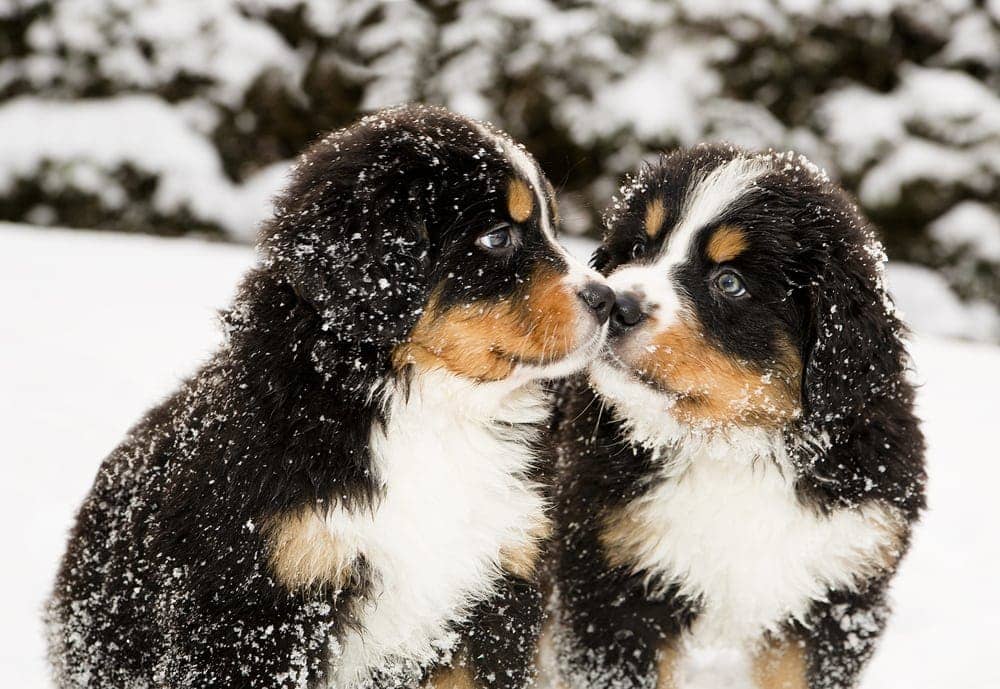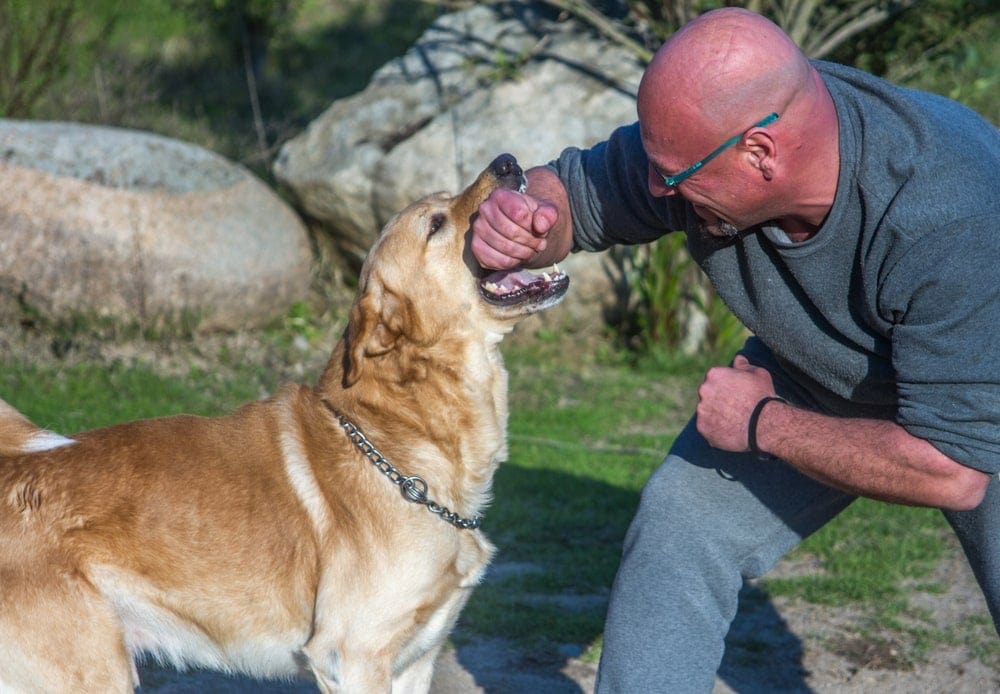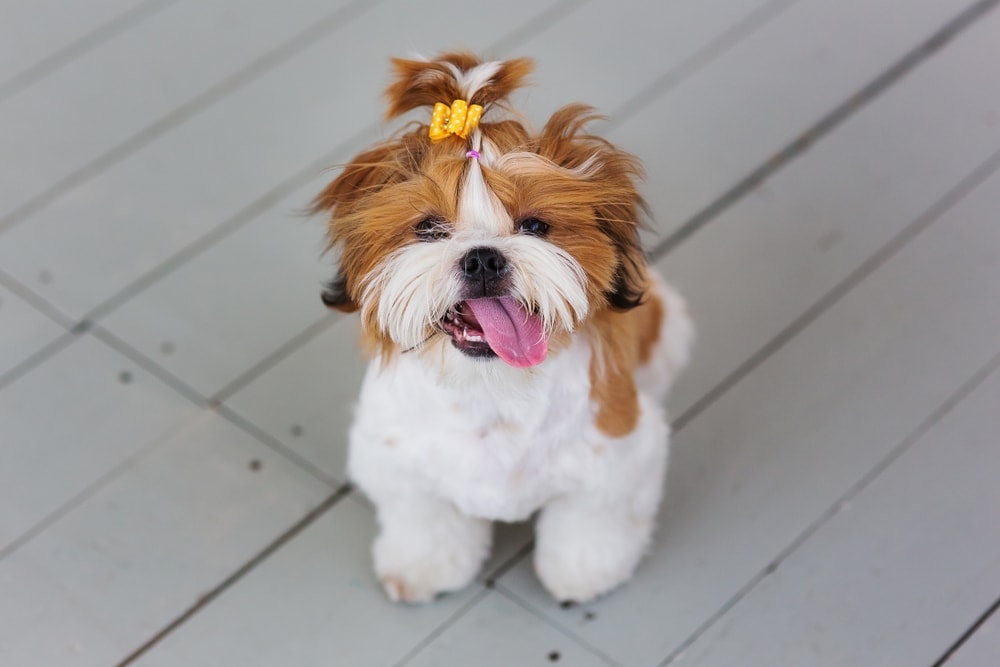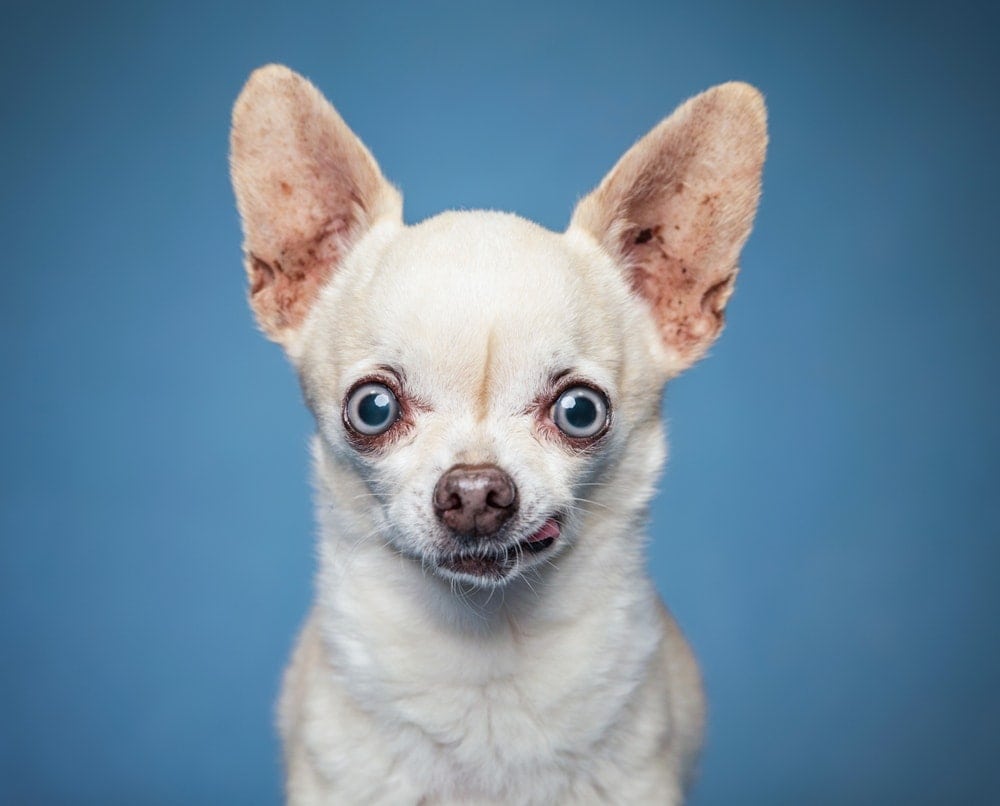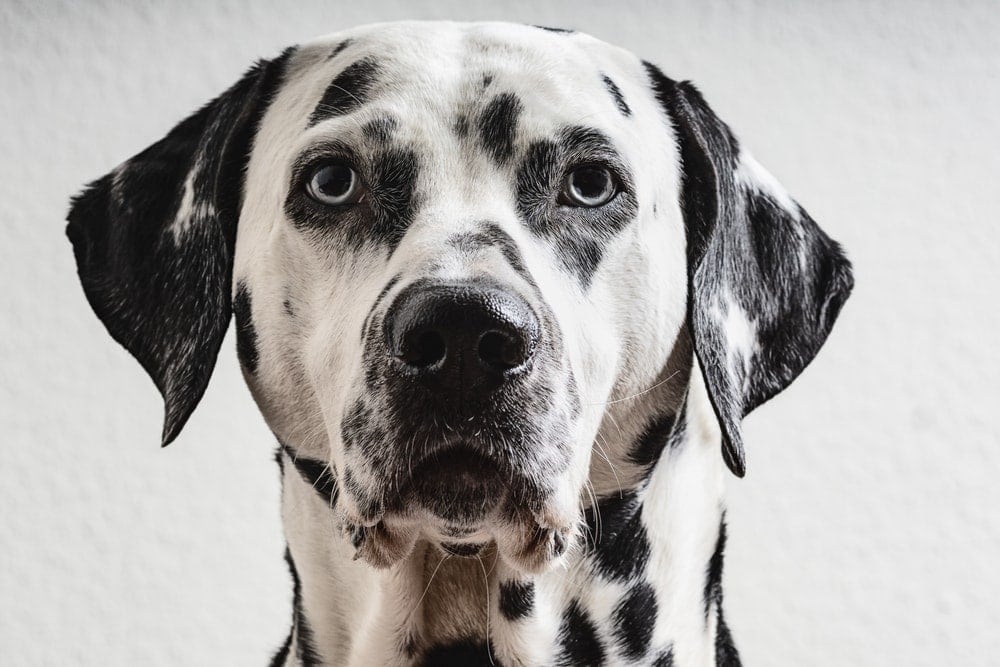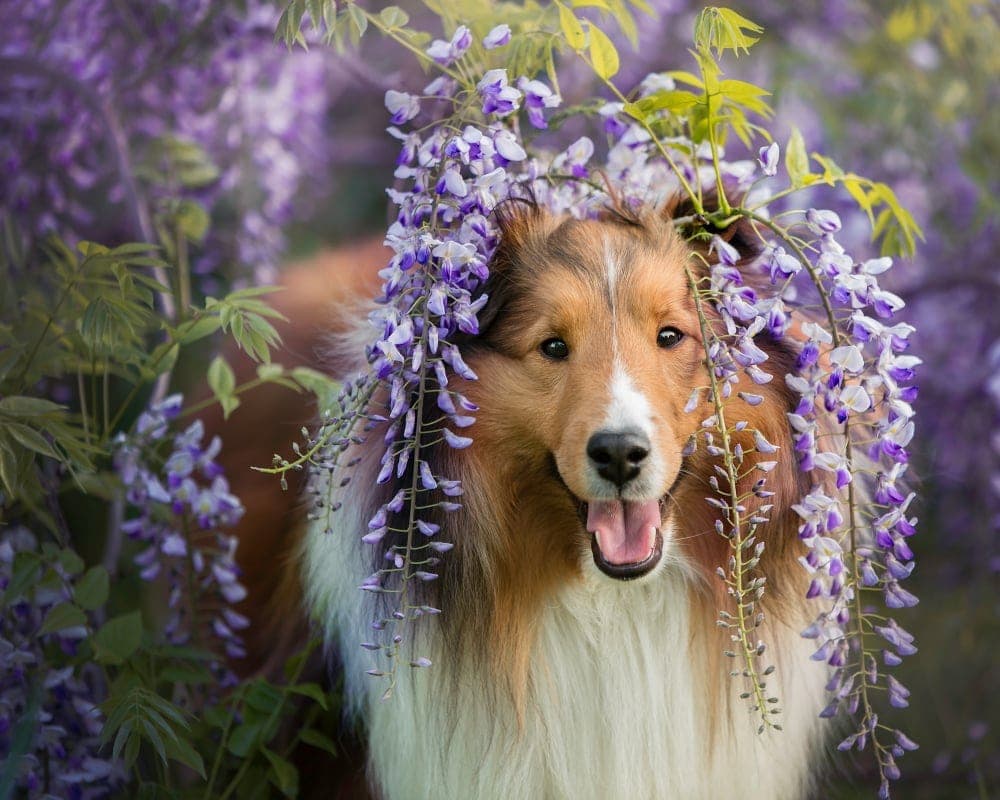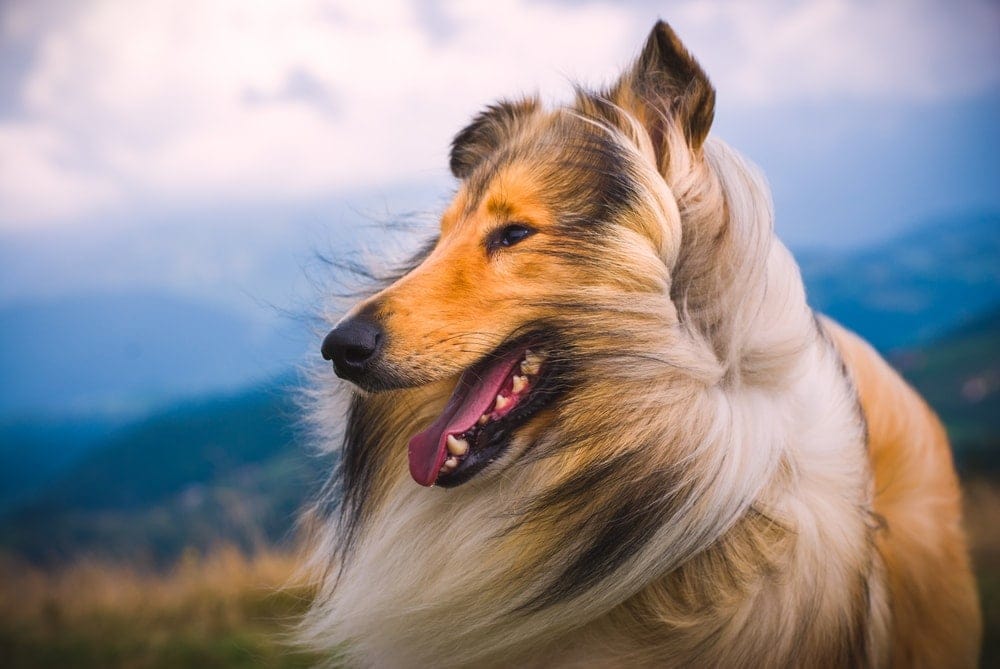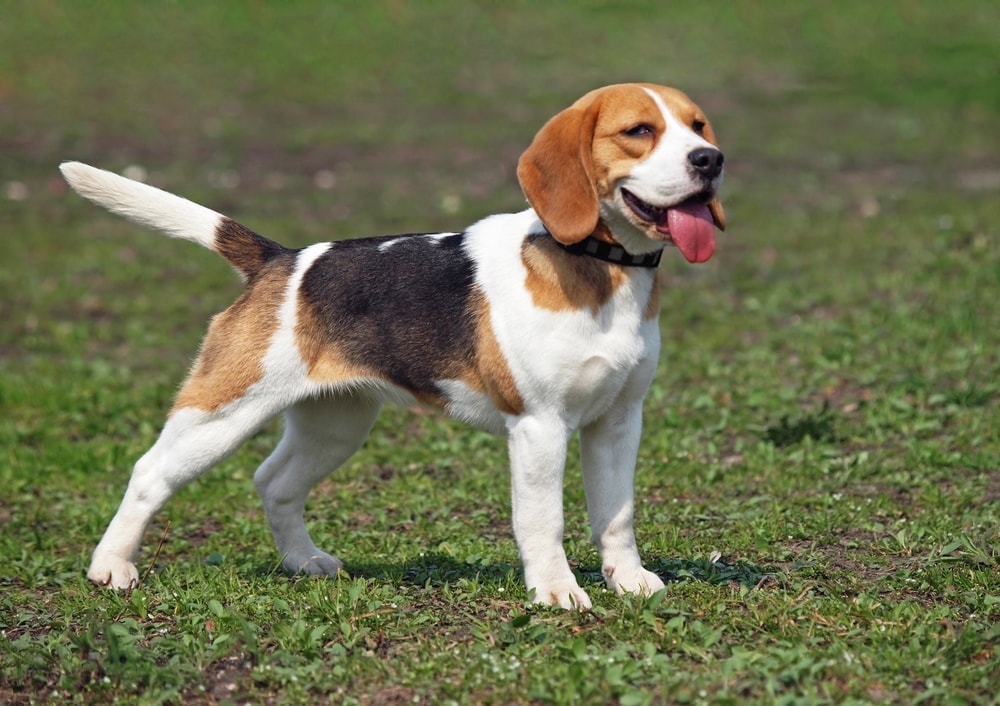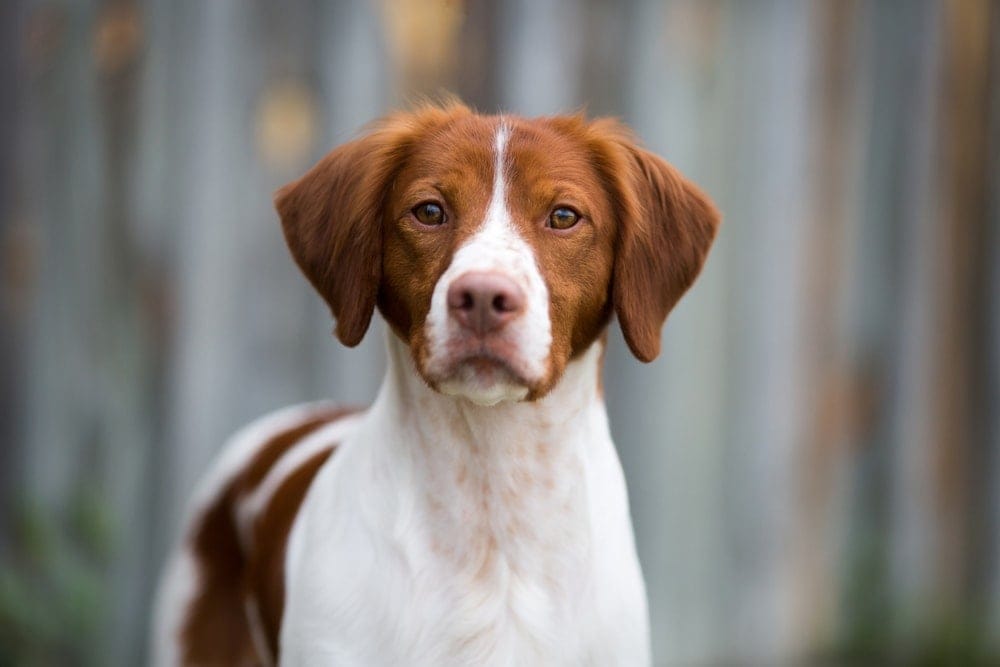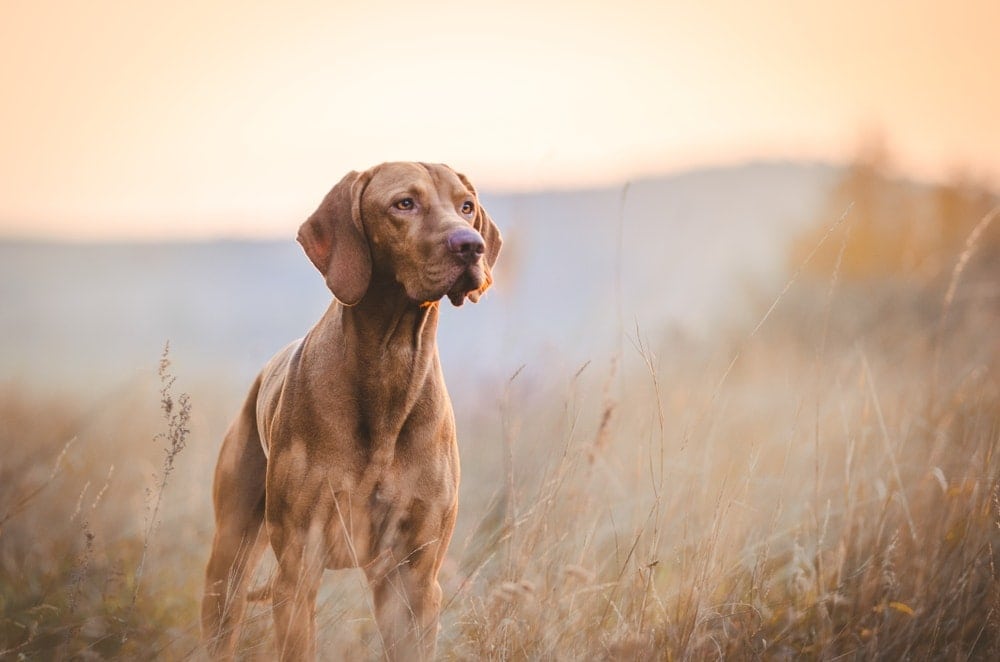Bernese mountain dogs are extremely beautiful and kind friends. They are also good with kids and great companions.
But the important questions for people with allergies or living in apartments are: are Bernese mountain dogs hypoallergenic and do they shed a lot?
This dog breed does not shed a lot but still sheds a fair amount. Brushing them regularly can prevent their fur from coating their owner’s furniture.
Are Bernese Mountain Dogs Hypoallergenic?
No, the Bernese mountain dog is not hypoallergenic. This breed of dog is not suitable for people who have extreme allergies to animals. They don’t shed a lot but are still you might expect quite an amount of hair if you live in an apartment.
When allergies are triggered, the person will experience shallow breathing, a dry throat, watery eyes, and bumps or red spots may appear all over their skin. People with severe allergies should not be around non-hypoallergenic dogs for more than a minute.
The Bernese mountain dog is a rugged and robust dog that enjoys hiking in the woods and over mountains, playing in the park, and performing many energy-consuming exercises.
Unlike most dogs with double coats, they do not shed a lot of furs, but the amount they do shed is still more than a hypoallergenic dog.
Do They Shed a Lot?
Even though the Bernese dog has a thick fur coat and their furs strands grow too long lengths, this dog does not shed a lot. They do not need grooming every day, although if they are, their hair will be less tangled.
Surprisingly, this dog sheds much less than other dogs that have a double coat. Because these pets were bred for working in Switzerland’s mountains, they have strong insulating fur that keeps them insulated from the cold environment of the Alps.
If you have a Bernese mountain dog, you may not have to put coverings over your furniture or bed. As long as you brush their fur regularly and keep them clean, you shouldn’t have a problem.
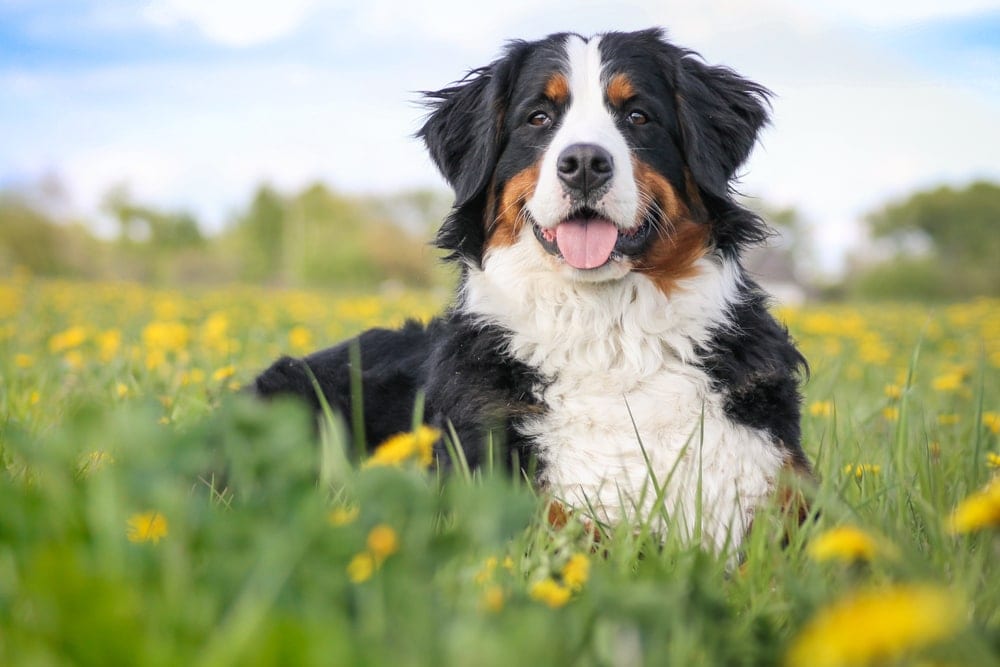
Why Are They Not Considered to Be Hypoallergenic?
The Bernese mountain dog is not considered to be hypoallergenic for two important reasons.
The first reason is that they produce a lot of dander. Dander is the main compound in animals that causes some humans to have allergic reactions. Not all humans have the sensitivity when they come into contact with animals I’m about the one that you have to avoid animals that produce a lot of it.
Dander is commonly found on animal skin, and it is also part of their fur. Many animals that humans come into contact with daily produce dander. Animals such as cats, dogs, birds, mice, gerbils, and other small animals all produce dander.
In fact, every single animal produces some amounts of dander. No animal is 100% hypoallergenic. So when an animal organization creates a list of hypoallergenic animals, these certain breeds produce far less dander than others.
Are bernedoodles hypoallergenic?
A mix of poodle and Bernese mountain dog calls bernedoodles. They can be of different sizes from mini bernedoodle to standard bernedoodles. Depends on which kind of poodle was mixed by the breeder: miniature, standard, or toy poodle. American Kennel Club does not accept this breed but the main question are they hypoallergenic?
This breed might be easier for people with allergies but still allergic proteins contain in their saliva, pet dander, and urine which makes them non-hypoallergenic.
F1B Bernedoodle is the most hypoallergenic type of these dogs because the it inherits a larger quantity of Poodle attributes. This implies that the F1B Bernedoodle normally has a curly coat and would be a perfect choice for dog owners with modest dog allergies. Aw well this breed is non-shedding.
Advice for People with Allergies
People who have mild or only seasonal allergies may be able to have a Bernese mountain dog. This is possible because they do not shed as much fur as other non-hypoallergenic dogs. If you decide to keep a dog like this, there are a few tips that you can utilize.
First, brush this type of dog every day. They do not have to be brushed every day, but to ward off your allergies, it is best to do so. After every brushing, remove any excess fur that comes off, so it does not linger on the brush. It is best to brush the dog in the morning when it wakes up.
If you live in a sunny environment, this dog may benefit from a small trim or haircut. Do not try to shave this breed of dog. They need their insulation to protect themselves from the sun’s rays. Shaming them could cause the Bernese mountain dog to develop sunburns. In fact, any dog that has thick long hair should not be shaved.
The last tip you should take to heart is bathing your dog every 7 to 10 days. Bathing your dog frequently helps reduce the dander on their body and remove it if it is trapped within their double-coated fur.
Which breeds are hypoallergenic? Afghan hound, bichon frise, bassenji, bedlington terrier, poodles (including miniature poodle), portuguese water dog, maltese are among them.
There is a myth that such breeds like pekingese, german shepherd, shih tzu, different types of sennenhund, bulldog, pug, labrador retriever, basset hound are hypoallergenic. They are not at all.
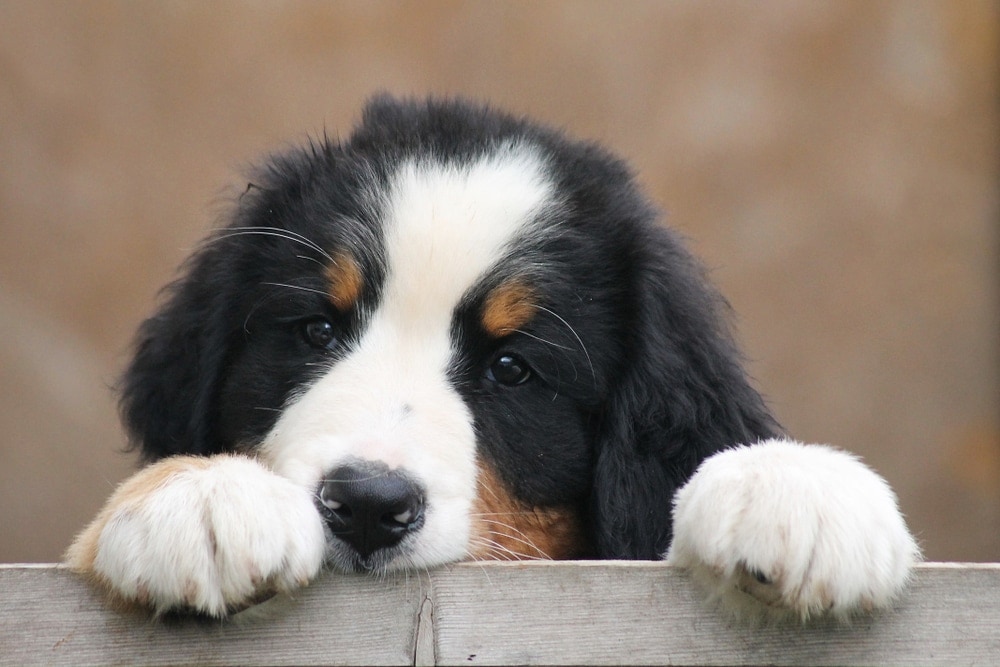
Alternatives to Bernese Mountain Dogs
Bernese Mountain dogs are not hypoallergenic dogs, which is a shame since they are great dogs for high energy activities like hiking, biking, and camping. But several large hypoallergenic dogs can take their place when it comes to energy and ruggedness.
Here are a few alternative dogs:
- The Giant Schnauzer – this large dog is loyal and is ready to go on an adventure with its beloved master. They love to play Outdoors and have very thin coats that are cleaned easily. This breed of dog is stronger then it’s smaller toy cousin, so be sure to watch it if it is around smaller dogs. They are not violent, but they are strong.
- The Irish water spaniel – this cuddly little football is your answer to the question, “What if a carpet came to life?” They are very sweet dogs who like to stay mostly indoors. Although their coach is very sick, they do not shed very much. Although their fur is very sick, they do not shed a great deal.
- The Wire Fox Terrier – This dog may be much smaller than the breed you wanted, but they have unilimited amounts of energy and may even outlast you! They were bred to help farmers herd in farm animals and keep them in line, so they are very intelligent animals who are good at following orders.
Conclusion
- The Bernese mountain dog is not a hypoallergenic dog.
- This breed comes from the Swiss Alps, so they can handle cold weather very well
- Despite the thickness and lengths of their fur, they do not shed very much
- People who have mild or only seasonal allergies may be able to handle this dog because it does not shed much fur
- They don’t have to be brushed every day, and they should be bathed every 7-10 days unless they are very dirty.
Frequently Asked Questions:
Is any dog 100% hypoallergenic?
There is not a single breed of dog that is 100 percent defined as hypoallergenic. According to American Kennel Club, there are several breeds that are more suitable for people with pet allergies because they don’t shed. As a result, they create less skin dander. But still might have allergens in their urine or saliva.
Why you should not get a Bernedoodle?
There are several factors that might affect your decision to get a Bernedoodle. They are stubborn and hyperactive, quite often suffer from anxiety, steal food, and are famous to be vocal. And of course, it is a very expensive breed to buy and maintain.
Do Bernese Mountain dogs bite?
Bernese Mountain Dogs are famous for their kind character. Usually, they don’t bite only slightly and carefully while playing. But, of course, on rare occasions when they are in danger or scared they might use their teeth to protect themselves as any other dog does.
What is the most hypoallergenic Bernedoodle?
If you’re interested in a Bernedoodle that is the most suitable for people with allergies, then you should look for an F1B, F1BB, F2B, F2BB, or multi-gen Bernedoodle as these dogs have the highest chance of being hypoallergenic.
